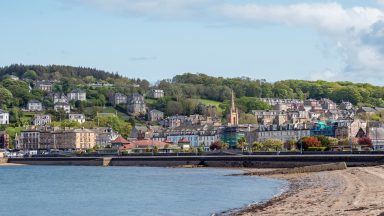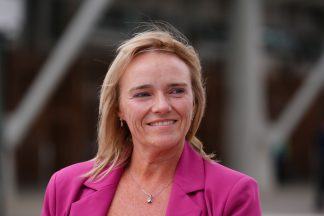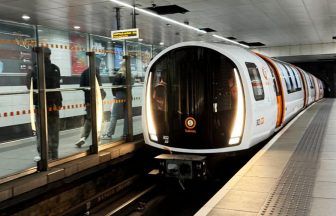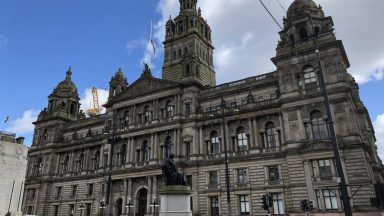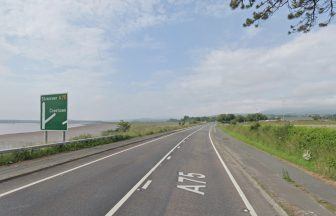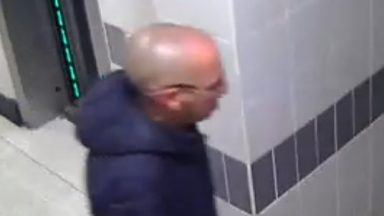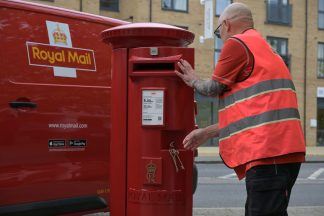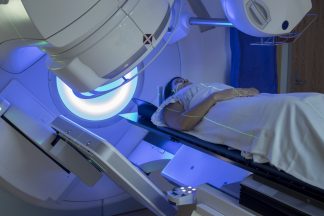Should buses across the west of Scotland come back under public ownership?
It has been nearly 40 years since services were deregulated by Margaret Thatcher in 1986.
Since then, routes have been cut, fares have increased, and buses are less reliable.
In Scotland, bus fares increased by 3% between June 2023 and June 2024—more than the average price increase for other goods and services.
Travelling by car is generally cheaper now than the equivalent bus fare for the average bus journey distance, according to SPT (Strathclyde Partnership for Transport).
“Operating costs are rising, fares are going up and services are becoming less convenient and available, pushing more people towards car use,” SPT’s strategy document says.
Across Scotland, free bus travel is available to under 22s, over 60s, and people with disabilities.
But these concessionary schemes have the unintended effect of pushing up the price of single bus fares for fare-paying passengers.
Fares in Glasgow are more expensive than Edinburgh’s publicly-owned Lothian Buses and on London’s publicly-controlled transport.
What are the proposals?
SPT wants to develop bus franchising arrangements across the Greater Glasgow area which would see the transport authority award exclusive rights to run a bus route or routes for a set period to the most competitive bidder.
The partnership believes franchising will deliver better bus services for passengers while making buses more accountable to the public – helping halt the “cycle of decline” faced by the network.
The proposal aims to make services more frequent, reliable, affordable, and easier to use in the face of challenging conditions.
Implementation is expected to take between five and seven years and cost around £15m.
‘A bus network that works for everyone’
“Buses have huge value for our society, our economy, and our environment but as we all know the bus network could do more and serve more communities,” said councillor Alan Moir, chair of Glasgow’s Strategy and Programmes Committee.
“The aim of SPT’s regional bus strategy is to halt further decline and move to a cycle of growth to ensure a bus network that works for everyone.
“A network that attracts more people to use the bus and ensures access for communities who rely on bus for everyday travel needs.
“The strategy sets out what we need from bus in the future. That is a better coordinated and more recognisable network with buses that are more frequent, more reliable, more affordable and easier to use.”
Plans to create ‘fully integrated’ transport system
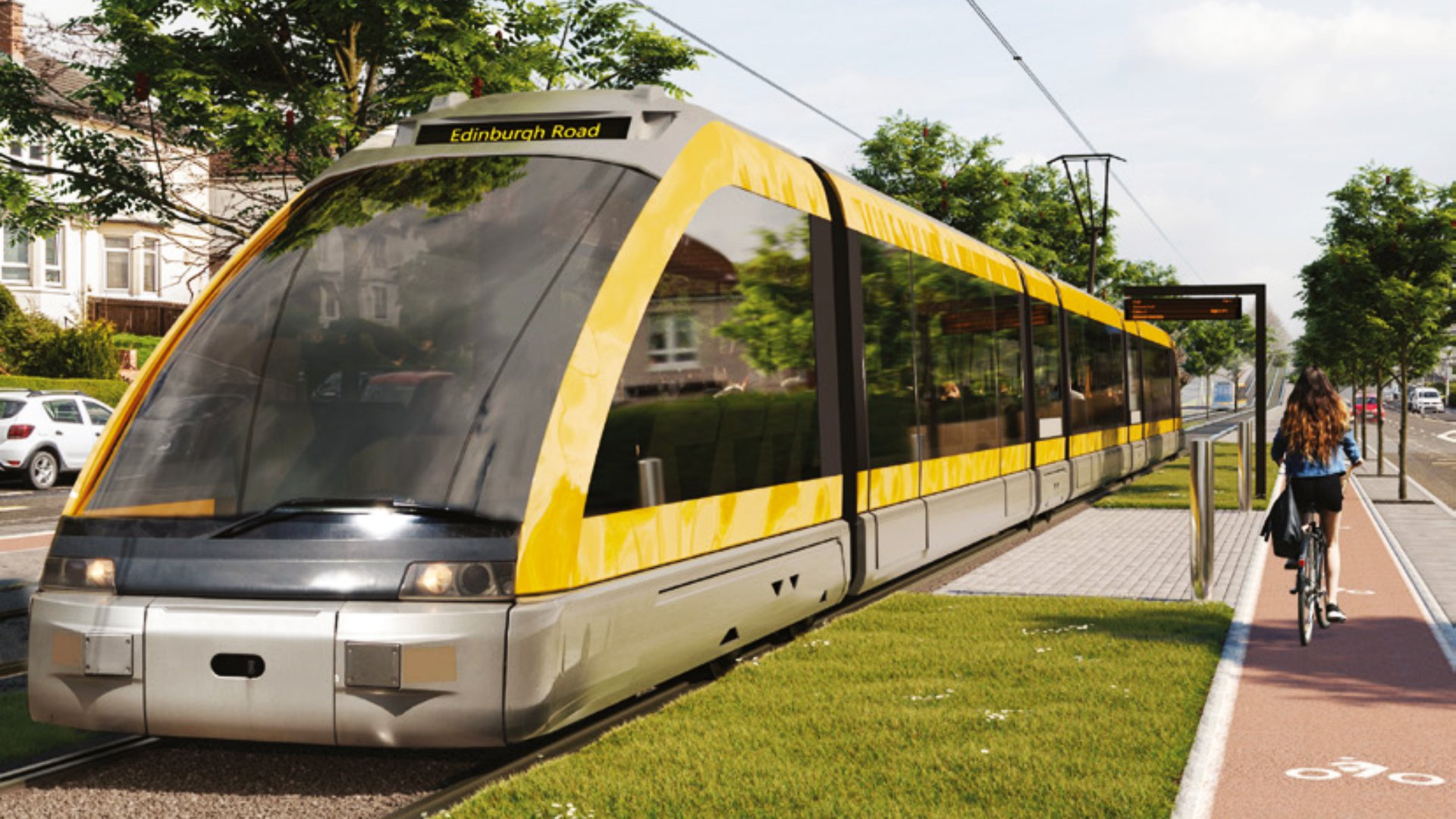 Glasgow Connectivity Commission
Glasgow Connectivity CommissionSPT’s proposal also outlines plans to create affordable and attractive fares and a “seamless and integrated” bus network.
This includes connecting buses with the future Clyde Metro.
SPT chair councillor Stephen Dornan said: “Being able to franchise bus services will also support wider investments in sustainable transport, specifically connecting with the future Clyde Metro which is a once in a lifetime opportunity to better plan and co-ordinate transport.
“Everything SPT is working to deliver for bus is part of a much bigger opportunity to really make a positive change for people in the west of Scotland.”
Once the public consultation is complete, SPT intends to take a final version of the strategy to SPT committee later in 2025.
‘Theft of a private business’
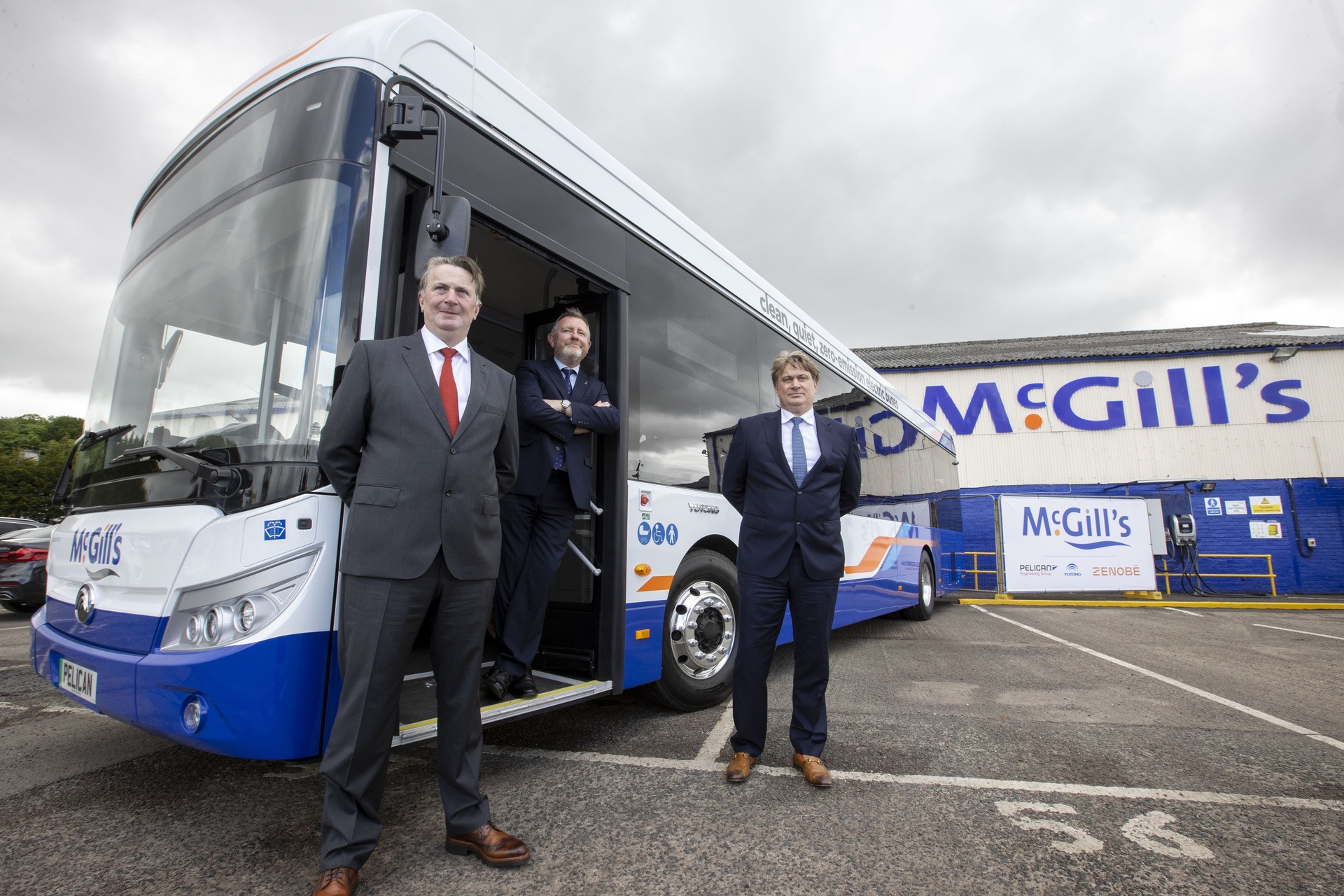 McGill’s
McGill’sMcGill’s, the UK’s largest independent bus company, previously voiced its opposition to the plans.
CEO Ralph Roberts claimed it would cost the taxpayer £400m a year and said it would amount to “theft of a private business”.
“With a £1bn black hole in the Scottish economy, I cannot imagine how they are going to find £400m per year to subsidise franchised bus services in Strathclyde,” he said.
“Franchising is effectively confiscation of a business that has been built in good faith over many years with investors funds and it raises a host of legal implications, including issues under Article 1 of ECHR.”
Mr Roberts said McGill’s would take its case “to every court in the land and beyond”.
He also claimed that bus use was declining because local authorities “haven’t done their job” to help users.
“I see nothing from franchising that will change this and unless councillors are willing to make the kind of tough decisions made in other places, particularly in prioritising buses over private cars, then this will be a very expensive waste of money for the taxpayer,” he said.
McGill’s want buses to be removed from congestion and for the franchising plans to be ditched.
“These two simple steps will build trust and show that this is about bus users rather than a power trip for politicians and quangos, most of whom never set foot on a bus,” he said.
SPT intends to begin its public consultation in early March for 12 weeks.
Follow STV News on WhatsApp
Scan the QR code on your mobile device for all the latest news from around the country


 iStock
iStock
